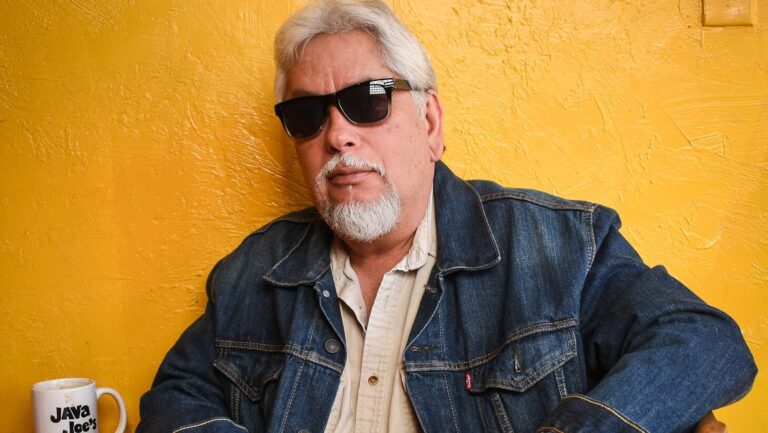Arts Interview: New Mexico’s First State Poet Laureate
A Conversation With Levi Romero


Clarke Condé
Latest Article|September 3, 2020|Free
::Making Grown Men Cry Since 1992


Clarke Condé


